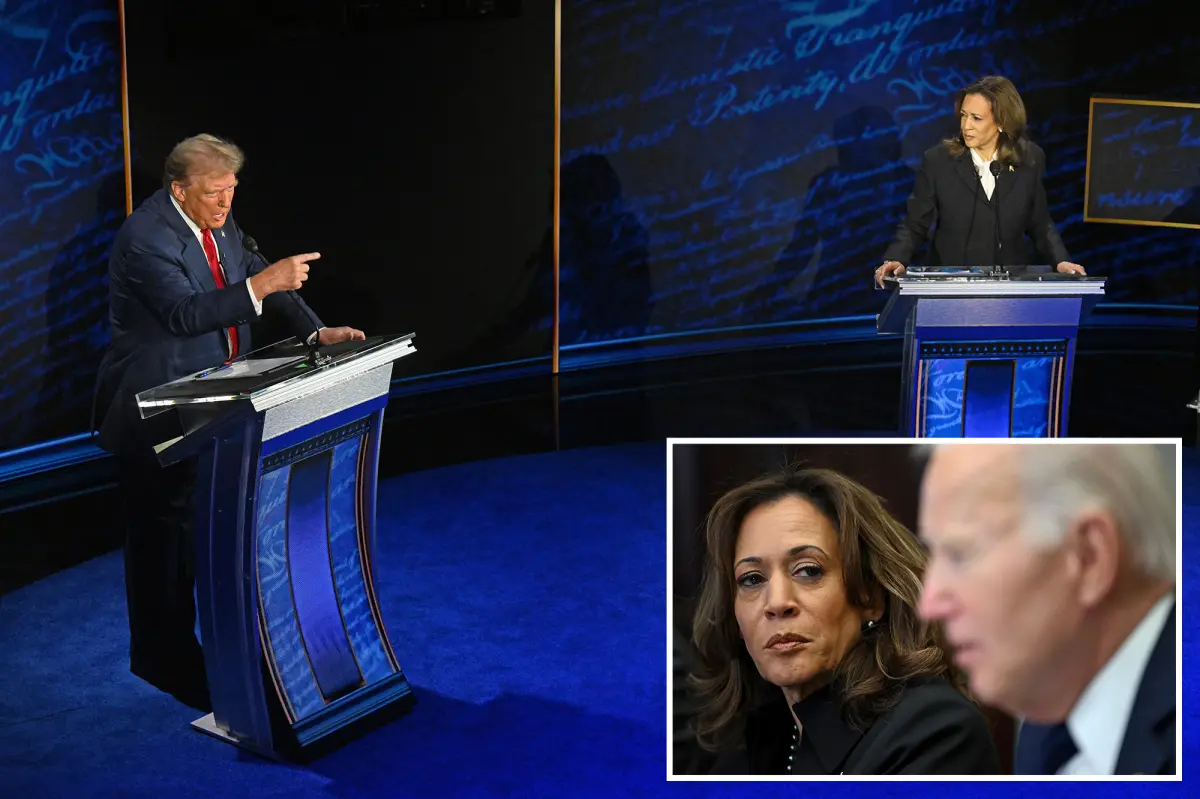Former US Vice President Kamala Harris revealed in her upcoming book, 107 Days, that then-President Joe Biden rattled her right before she faced Donald Trump on the debate stage.
Harris wrote that Biden called her as she sat in a hotel room preparing for the only debate of her campaign. What was meant to be a good-luck call quickly shifted into something else — a mix of scolding and self-reflection.
According to excerpts published in The Guardian, Biden told her: “My brother called. He’s been talking to a group of real power brokers in Philly.” He asked if Harris knew several people connected to the matter, but she did not. Biden explained that his brother said those figures wouldn’t support her because she had been “saying bad things” about him.
“[Biden] wasn’t inclined to believe it, he claimed, but he thought I should know in case my team had been encouraging me to put daylight between the two of us,” Harris recalled.
Instead of reassurance, the call left Harris “angry and disappointed.” She said Biden distracted her with talk of hostile power brokers and his past debate performances, just moments before her critical showdown with Trump. “He made it all about himself,” she wrote.

Her husband, Doug Emhoff, noticed her distress and advised her to “let it go” before she walked on stage.
While Harris avoided criticizing Biden during her campaign, her new book offers fresh insight into their strained dynamic as she stepped in to replace him as the Democratic nominee.
In another section, Harris reflected on the decision-making around Biden’s re-election bid. She said the phrase “It’s Joe and Jill’s decision” became a campaign mantra, but she now sees it differently: “Was it grace, or was it recklessness? In retrospect, I think it was recklessness. The stakes were simply too high. This wasn’t a choice that should have been left to an individual’s ego or ambition.”
Harris also revealed that her first choice for a running mate was then-Transportation Secretary Pete Buttigieg, not Minnesota Governor Tim Walz. She ultimately decided it was “too big of a risk,” writing: “The campaign was already asking a lot of America: to accept a woman, a Black woman, a Black woman married to a Jewish man.”


